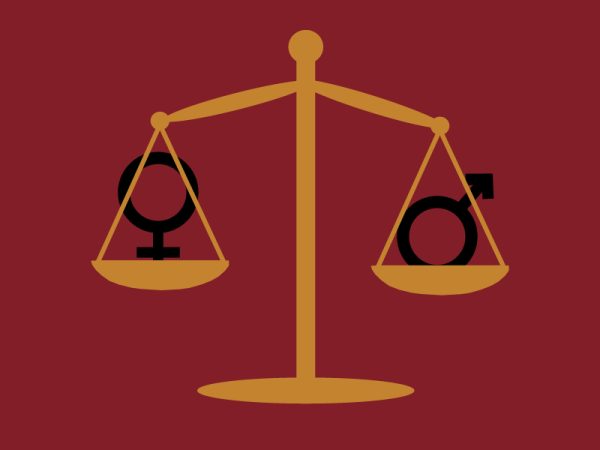A Coming Out Day crisis? Not really.
October 13, 2017
October 11 was the 29th annual “Coming Out Day,” and the LGBTQA+ community showed how, like the rest of the country, it is divided. Before the day even began, Matthew Birkhold, an assistant professor at Ohio State University, published an opinion piece in the Washington Post saying that Coming Out Day is outdated and that LGBTQA+ people should stop coming out altogether. The next day, the Post published another article, by Eugene Scott, this time discussing how to repurpose Coming Out Day. He said today, under the Trump administration, being out is a political protest.
Who says Coming Out Day actually needs changing? I speak from a younger generation than the writers from the Post. To the new generation, the meaning of Coming Out Day hasn’t changed at all.
Birkhold said Coming Out Day began in an age when most people didn’t know an openly out gay person, and silence allowed homophobia to continue unchecked.
Has that really changed? Sure, there is a lot more awareness surrounding the LGBTQA+ community, but as someone from a small town in Minnesota, I assure you that most people from my high school don’t know an openly gay person.
Even if there is more awareness, that doesn’t really solve the problem. Just because “Will and Grace” is back on TV doesn’t mean that homophobia is a thing of the past. Just last month, the United States voted against a United Nations resolution to ban the death penalty being imposed for the “crime” of being in a same-sex relationship.
Birkhold also points out that the whole idea of coming out just reinforces heteronormativity, saying if straight people don’t come out, why should the rest of us? That’s a loaded statement. Why is coming out automatically about the people close to the individual? Isn’t it really just about feeling confident enough to share part of your identity with those around you? It’s about not wanting to hide anything anymore.
Why is it the job of the LGBTQA+ community, and specifically of people who just felt confident joining it, to solve the problem of heteronormativity? It’s like telling people of color they’re the ones who need to fix racism. It seems to me that straight people need to stop assuming, not the LGBTQA+ community.
Scott’s article makes the argument that being out is about making a statement, but I wouldn’t say that either. When people come out, it’s not about politics. It’s about them and their identity. You shouldn’t take one person’s individual choice and claim it for your movement.
His comments ignore the fact that being out is a constant process that is full of steps. You can be out to your friends but not your family, or your family but not your coworkers. Coming out and being out is an intensely personal process that varies between individuals.
Maybe the real solution here is to stop writing and talking about what people need to do about Coming Out Day and just let them do it. Stop telling the next generation how to change and let them shape Coming Out Day for their world, not ours.

















